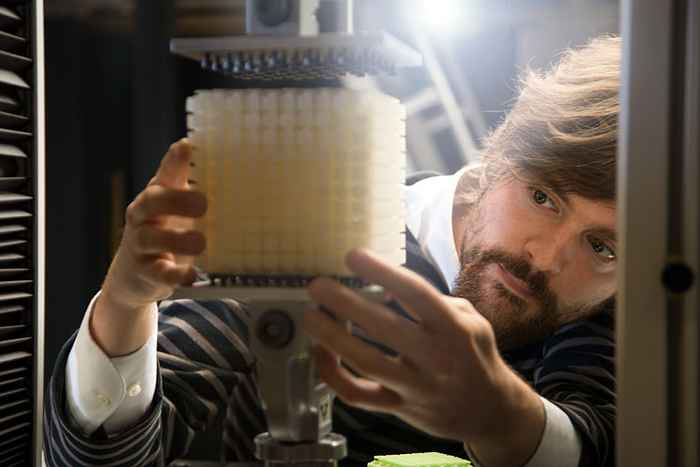Steering Fracture with Metamaterials
9 January 2024

The exploratory research has been awarded within the Emerging Key Enabling Technologies (KIC) call. This call provides space for pioneering research around emerging key enabling technologies, focused on exploration and development of innovative ideas. In total, NWO is awarding over 9.4 million euros to nine innovative research projects.
Turning failure into function
Coulais’ project is called ‘Steering Fracture with Metamaterials (FAME): Turning failure into function’. It aims to revolutionize the way we control fractures in various industries such as aerospace, automotive, protective equipment, and food design. By using specially designed metamaterials at the millimetre scale, the project seeks to steer fracture paths instead of preventing them. This innovative approach could lead to controlled failure in structures, increased durability, and improved energy absorption.
The project will also collaborate with industry partners to create real-world prototypes that enhance safety in vehicles and aircrafts, enhance protective equipment and improve sensory experiences in food products. To this end, the project is co-funded by Unilever Innovation Center Wageningen, the Netherlands Aerospace Centre and TNO Defence, and will be carried out in collaboration with Delft University of Technology, Tata Steel R&D and TNO Foods.